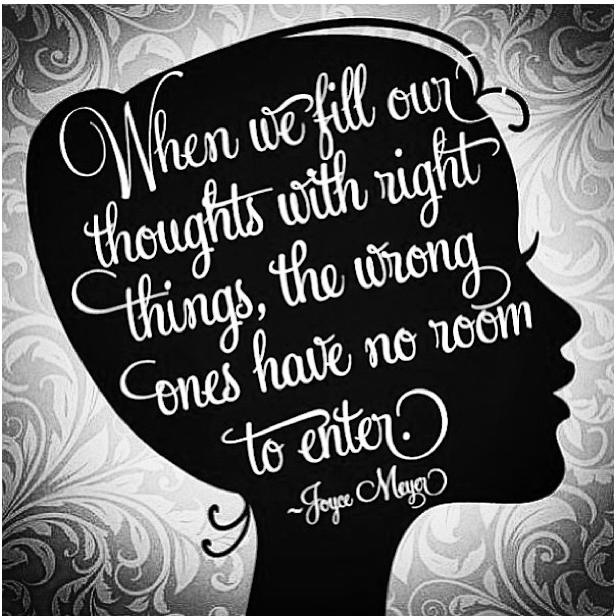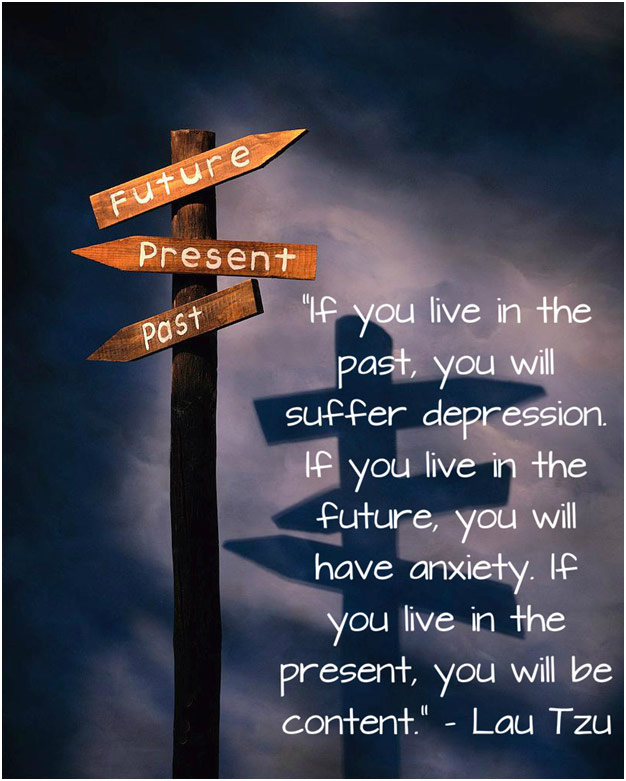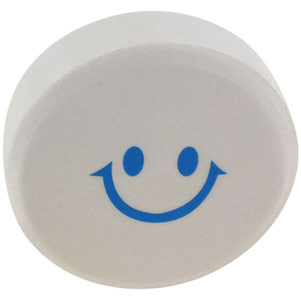
Anxiety is one of the most debilitating feelings we can have. We are anxious when we imagine a negative future. We do this in our head, triggering many processes in the brain that make us feel helpless and lost. Therefore, learning how to control anxiety can be very important in living a happy and healthy life.
Last week, I shared 25 tips on how to calm anxiety. Here are 35 more tips on how to control anxiety, which I hope you will find useful and easy to follow.
How to Control Anxiety Tips (26-59):
26. Tell yourself “I am safe” whenever you feel unsafe. Remember that anxiety is all in your head. Teach your head to say it whenever anxiety happens and it will do it after enough practice.
27. Set goals. Make sure to write them down. Having goals and having anxiety is the same process. We go into the future and in both of them, in our mind, but with goals, we imagine a positive future!















